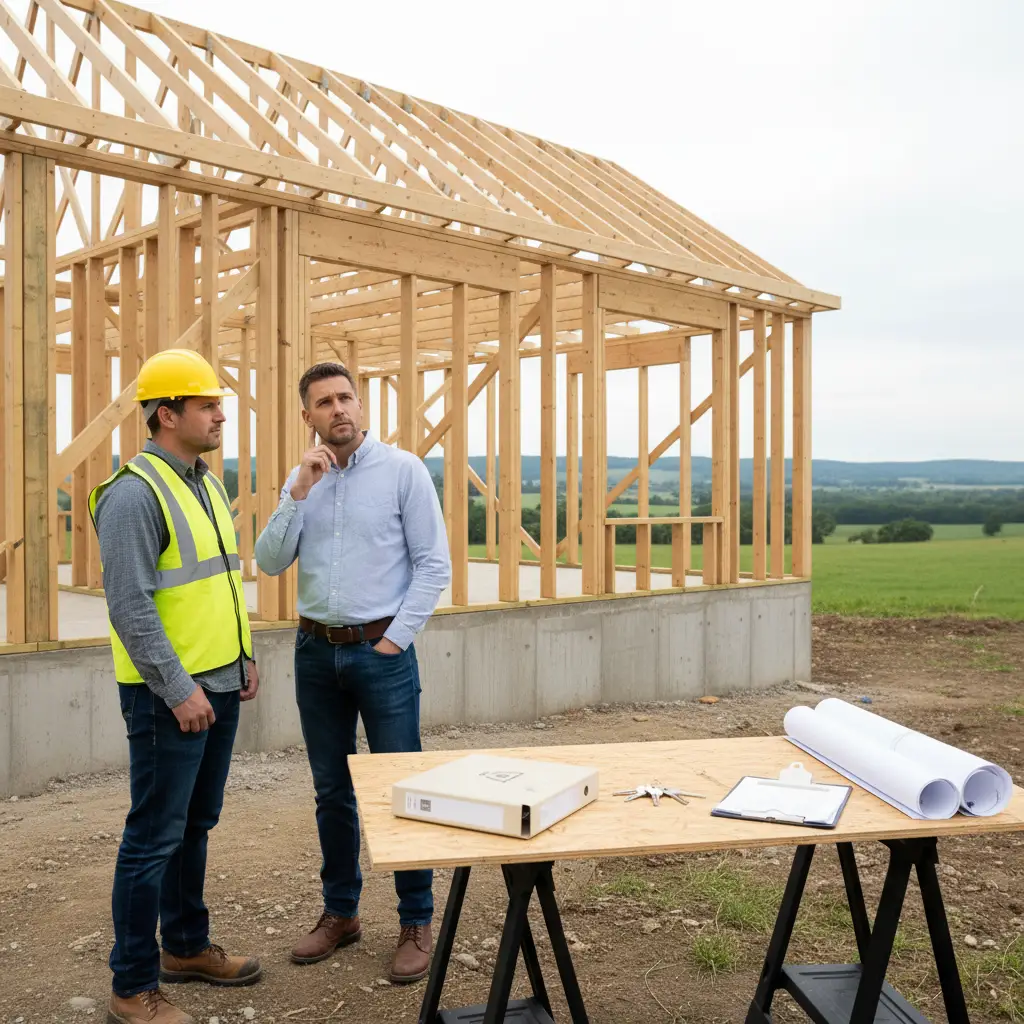Gov. Kathy Hochul is publicly supporting a set of New York City ballot proposals that would increase mayoral authority over housing development and zoning decisions. The measures—listed as ballot questions 2, 3, and 4—would adjust review structures and consolidate approval power currently shared with the City Council.
Hochul distributed campaign literature in Manhattan in support of the measures, saying expanding mayoral control could remove barriers to building affordable housing and speed construction timelines.
Key takeaways
• Gov. Kathy Hochul is urging support for New York City ballot measures that would expand the mayor’s authority over housing and zoning
• Mayoral frontrunner Zohran Mamdani has not taken a public position on the proposals
• Measures would shift zoning and housing-approval power from City Council to the mayor
• Supporters say the plan could accelerate housing production; opponents warn it reduces local oversight
• A separate measure would allow future mayoral elections to be aligned with presidential cycles
Candidate silence raises questions
Zohran Mamdani, the Democratic nominee and frontrunner in the New York City mayoral race, has not taken a public position on the proposals. Mamdani has centered his campaign on affordability and housing access but has declined to endorse or oppose the ballot items.
Taking a stance could place him at odds with progressive officials and unions, including 32BJ SEIU, who oppose the measures out of concern they could reduce community input and increase the risk of displacement.
What the ballot measures would change
The measures were introduced under Mayor Eric Adams. If approved, they would give the mayor greater authority over certain housing and zoning decisions—streamlining approvals and reducing legislative oversight. Adams withdrew from the re-election race in September, meaning the next mayor would inherit these expanded powers.
Supporters argue the changes could accelerate construction and improve affordability outcomes by reducing procedural delays. Critics say they would shift oversight away from neighborhoods and the City Council, potentially limiting local control over development and affordability requirements.
Outgoing City Council Speaker Adrienne Adams has urged residents to vote no, citing concerns about reduced neighborhood input and the potential for increased gentrification pressure.
Additional election-timing proposal
Hochul also voiced support for ballot question No. 6, which would allow mayoral elections to be rescheduled to align with presidential election years. She said higher turnout in even-year cycles could increase voter participation and representation.
The proposal follows similar statewide election-timing changes passed in 2023. That law is currently facing a final legal challenge in federal court after being upheld by New York’s highest court.




